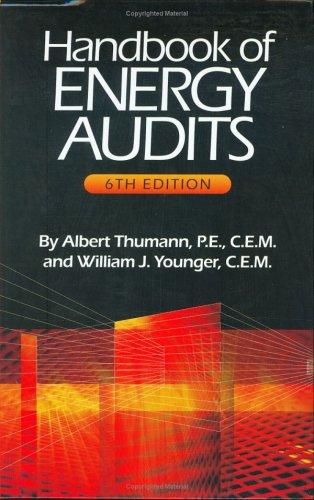Which one of the following is not true of the tax treatment of fiductaries? Income is taxed to the beneficiary of the trust of estate to the extent of current distributions of income. The trust or estate is entitled to a deduction for current distributions of income. Distributions to beneficiaries are treated like corporate dividends Distributions from corpus generally are not taxable to beneficiaries. W and W are contemplating forming an LLC that they will capitalize and use to operate their paving business. Which of the following is true of this entity if they proceed? The LLC will generally be treated as a partnership for tax purposes The owners may elect to treat the LLC as a corporation for tax purposes At least one of the owners, probably both, will be considered self-employed All are true. F filed her tax return for 2015 on October 17, 2016. If she is selected for audit the IRS must assess any deficiency by which day. October 17, 2019 April 15, 2019 October 17, 2025 October 15, 2025 Carol owns a new pizza restaurant. She converted her home, which she had purchased for $75,000 for use In the business when It was worth $70,000. Which of the following It not true of the home's basis for the business? $75,000 Is used for determining depreciation. $70,000 is used for determining loss $75,000 is used for determining gala. The basis must be adjusted for depreciation allowed or allowable for determining either gain or loss F's share of Income from various sources is as follows for the current year: F's AGI (Ignoring the deduction for one-half of any self-employment tax) is how much? $89,000 $156,000 $86,000 $56,000 Which of the following Is not always true in determining the holding period of capital assets acquired during the current year? The holding period is short-term If property is purchased March 15 and is sold March 15 the next year (except for inherited property and certain property acquired In tax deferral transactions). The holding period begins and ends when title passes, rather than when settlement is made. The holding period includes the date of sale, but not the day of purchase. The holding period of the donor of a gift is Included in the holding period of the donee. Karen sold qualified small business stock at a gain of $100,000 during the current year. The stock has been held more than five years. Which of the following is true of Karen's gain? Assuming Karen's gain would otherwise be taxed at 31 percent, her effective tax will be 28 percent The gain will be treated as recognized prorata over the years in Karen's holding period. Since the maximum qualifying for special treatment is $50,000, Karen will pay 28 percent on $50,000 and her regular tax on $50,000. Karen may deduct 50 percent of the gain and apply the 28 percent capital gains tax for an effective tax rate of 14 percent on her $100,000 gain







